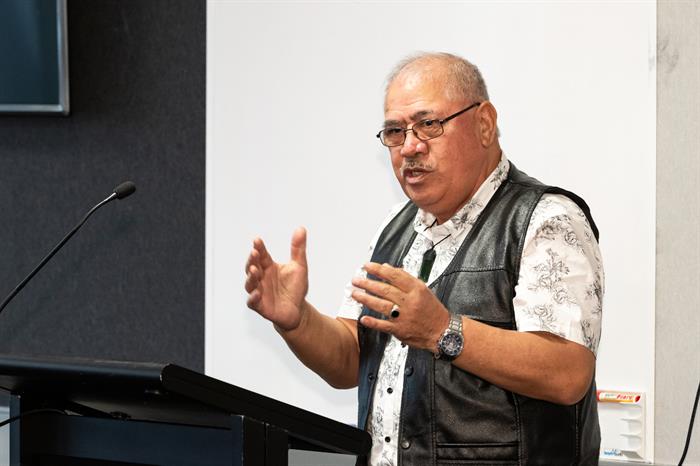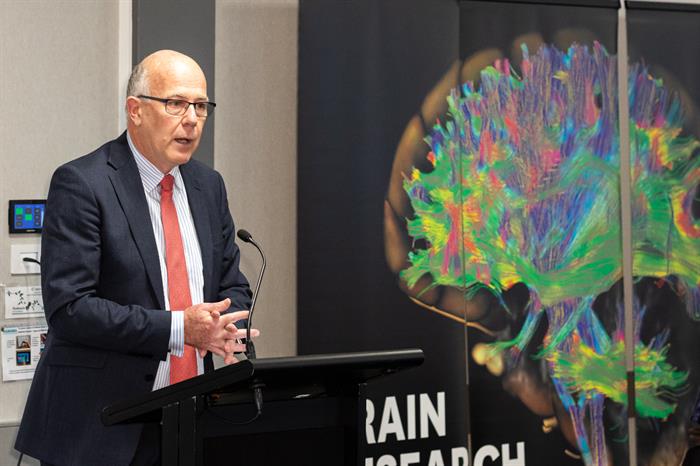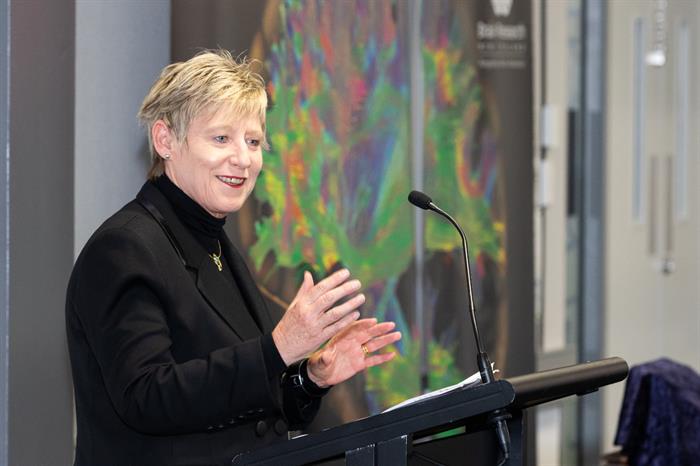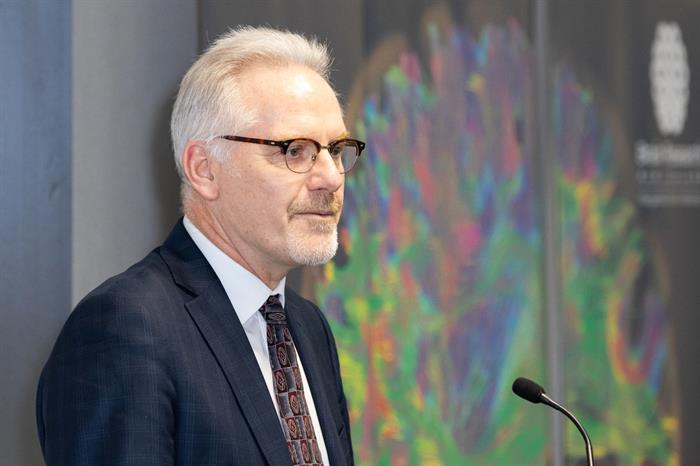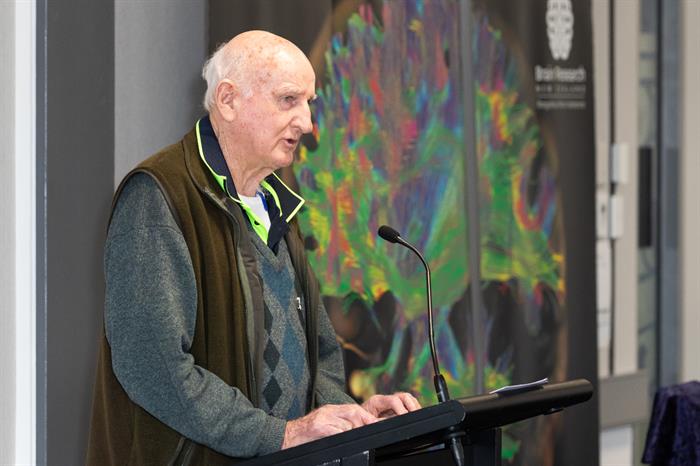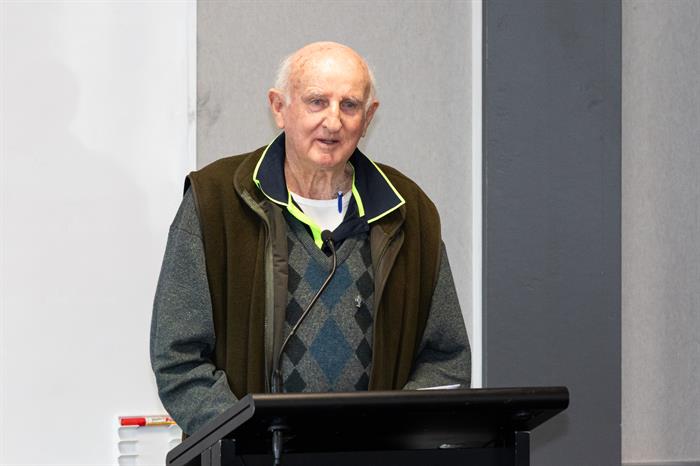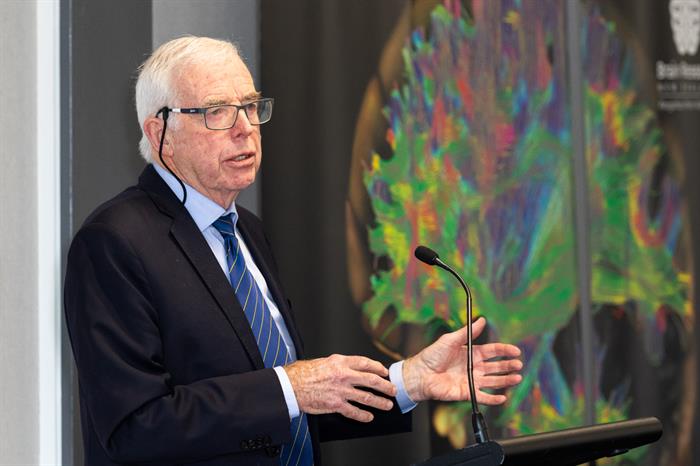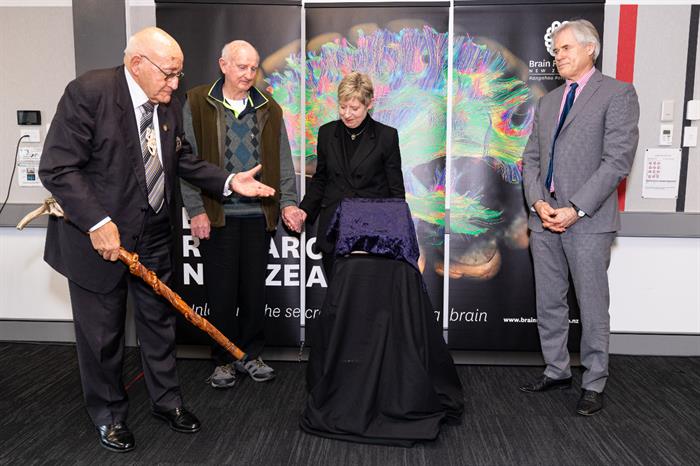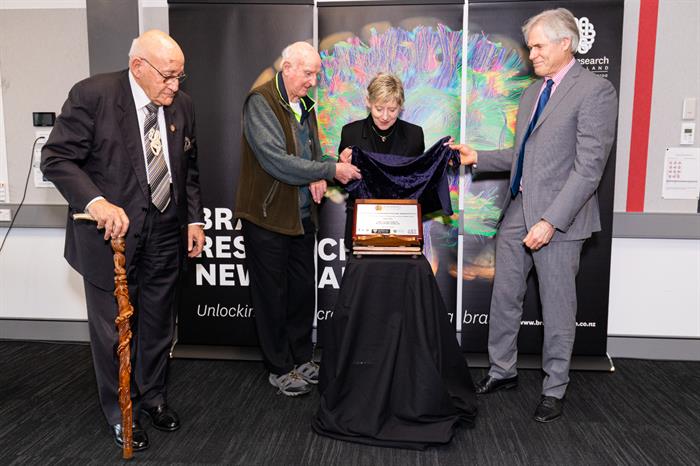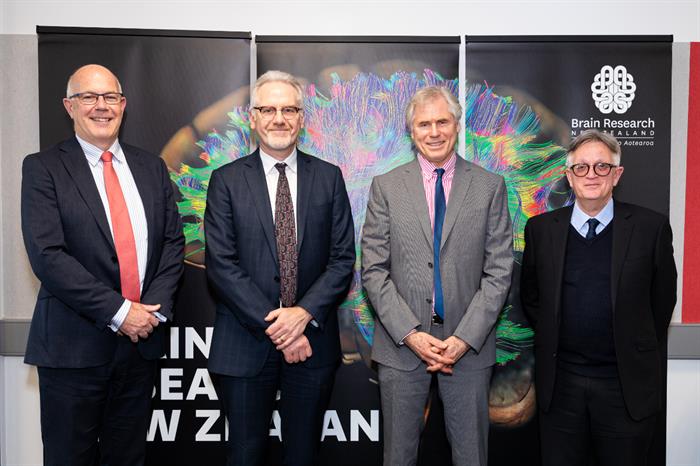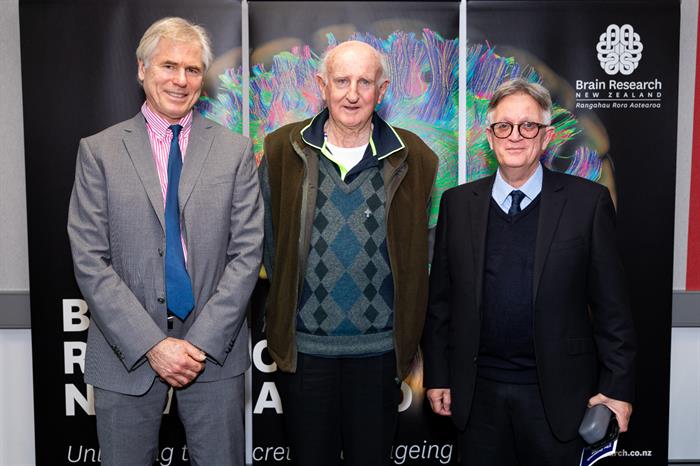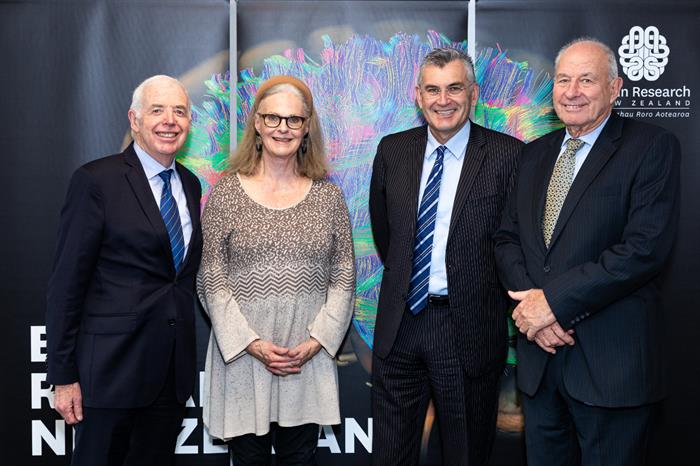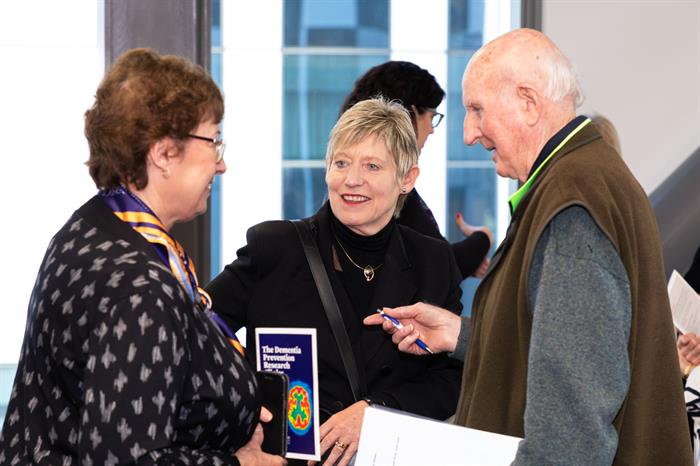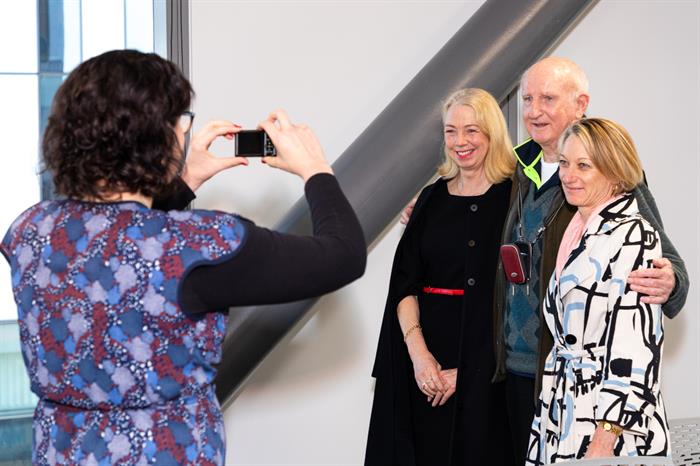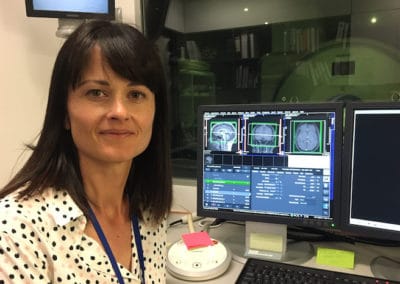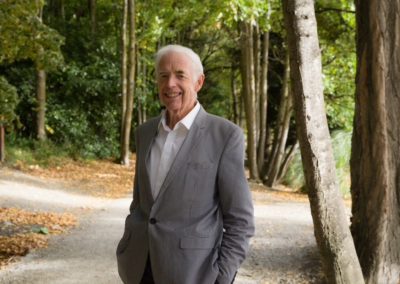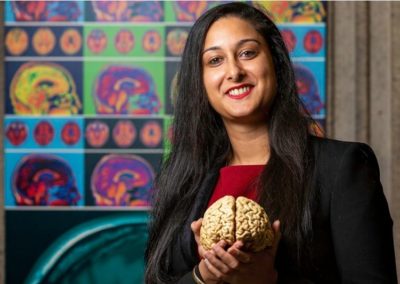The Dementia Prevention Research Clinic has officially opened in Christchurch on July 26 – the third in a national network of clinics established by Brain Research New Zealand – Rangahau Roro Aotearoa (BRNZ).
With the launch of the Christchurch Dementia Prevention Research Clinic (DPRC), led by Co-Directors Professor Tim Anderson of the University of Otago, Christchurch, and Professor John Dalrymple-Alford of the University of Canterbury, a wide range of New Zealanders will be able to benefit from the multi-disciplinary initiative.
“The Christchurch DPRC will be of tremendous value and benefit for the local community,’ Professor Dalrymple-Alford says. “It provides a long-awaited avenue for local participants to receive an unparalleled degree of detailed neuropsychological, neurological and neurobiological assessments.”
The earliest stages of Alzheimer’s disease and other dementias are insidious and notoriously difficult to detect, he says.
“Multiple detailed assessments are needed. Like many other regions, there has been a gap in the availability in Christchurch for such detailed evaluations. The Christchurch DPRC fills this gap for the Christchurch region.”
The DPRC is conducting a long-term, multi-disciplinary study aiming to identify factors that influence the development and progression of Alzheimer’s disease and dementia.
“Our unique New Zealand DPRC network is recruiting a large group of people who have problems with memory and thinking prior to getting Alzheimer’s dementia with the intent of finding new diagnostic tools and treatments so we can prevent dementia before it occurs,” Professor Anderson says.
“By regularly following our clinic participants over years with detailed clinical and brain-imaging assessments, and storing blood samples for current and future research, not only are we aiming to make our own discoveries here in New Zealand, we will be able to combine with other studies overseas in an international effort to combat dementia.”
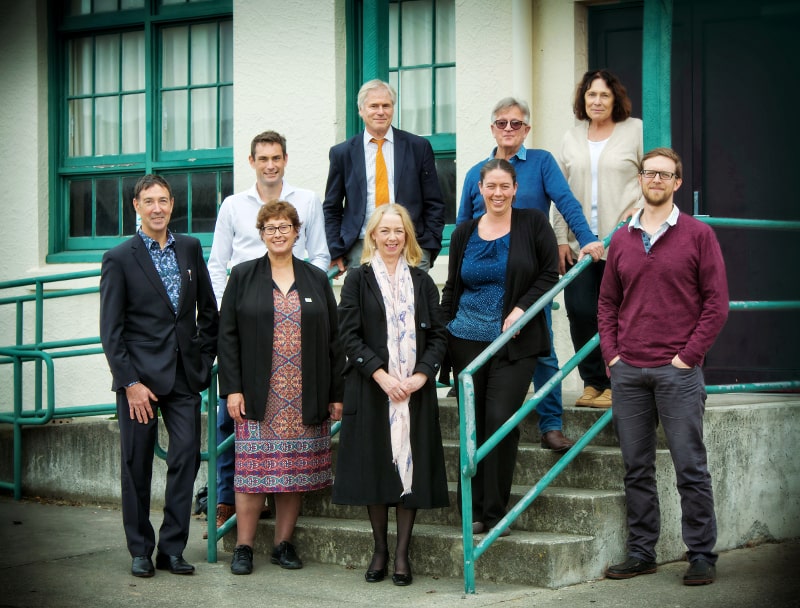

Above: The Christchurch Dementia Prevention Research Clinic Team.
Participants may also be invited to join other studies that further understanding of these conditions, or to test interventions that might prevent or delay the progression of Alzheimer’s or related dementias, he says.
Professor John Dalrymple-Alford adds: “It has been difficult in Christchurch for older people with cognitive decline to be aware of and become involved in research projects. The new DPRC clinic provides a welcome focal point for these opportunities. Locals in Christchurch will be part of a national effort to better understand the risk factors and progression of dementia that aims to develop new treatments and better understand lifestyle factors that may mitigate cognitive decline.”
People who experience early memory problems have the opportunity to participate in the clinic’s research on memory problems, Alzheimer’s disease and dementia, and may be able to join further studies and test interventions.
In 2016, Brain Research New Zealand set out to establish a national network of Dementia Prevention Research Clinics, opening a clinic in Auckland, followed by one in Dunedin in 2017.
The Christchurch Dementia Prevention Research Clinic is based at the New Zealand Brain Research Institute, 66 Stewart Street, Christchurch. For more information visit our clinics online.
The Christchurch DPRC was formally opened by Christchurch Mayor Lianne Dalziel at the Manawa building. Speakers included New Zealand Dementia Prevention Trust Chair Sir Eion Edgar, DPRC participant Brother Osmund, Sir Tipene O’Regan (Ngāi Tahu), Rangihau Te Moana (Tuhoe), University of Canterbury Deputy Vice-Chancellor Professor Ian Wright, and University of Otago Professor David Murdoch.
About Alzheimer’s disease
- More than 60,000 New Zealanders suffer from Alzheimer’s disease or a related dementia – a number expected to triple by 2050.
- Alzheimer’s disease is the most common form of dementia and accounts for 50-60% of all dementias.
- Alzheimer’s disease currently has no cure, and by the time a diagnosis is made, a significant amount of brain damage has already occurred. Yet, changes in the brain occur many years if not decades before clinical symptoms show. To have the biggest possible impact on people’s lives, we need accurate early assessment to identify and follow those at risk of developing Alzheimer’s.

